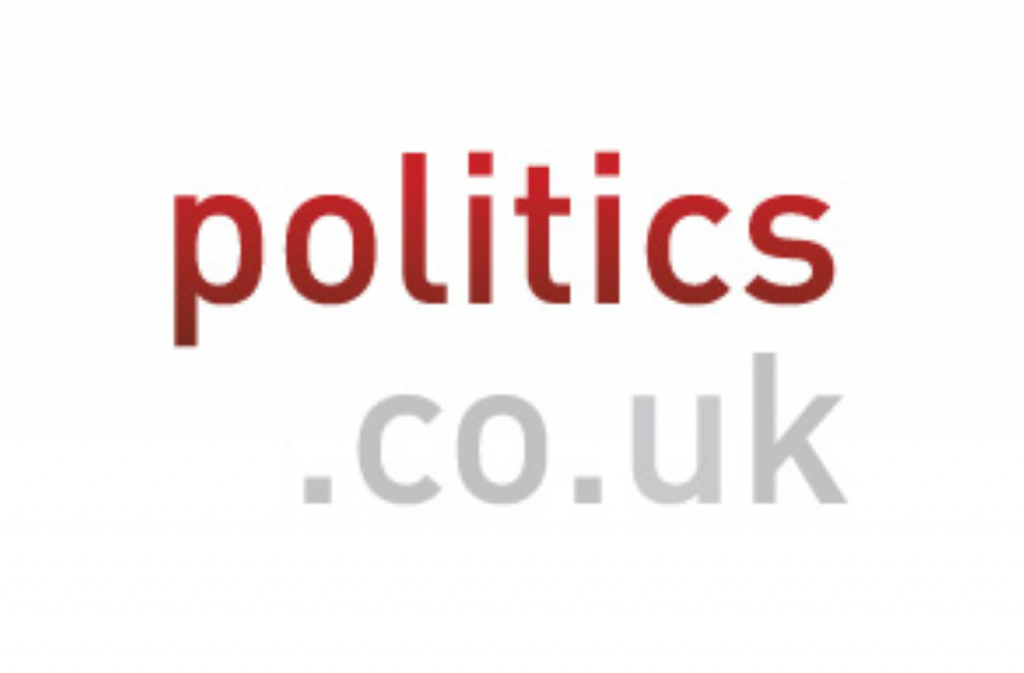Howard promises to tackle immigration
The Conservative Party Leader has promised a get-tough approach on asylum and immigration and introduce an annual upper limit on immigration.
Michael Howard also promised that, with him as leader, the UK would pull out from the 1951 Refugee Convention and enter reservations against the relevant parts of the EC Convention on Human Rights. This would then be replaced with British legislation, which would be swift and ensure that those not granted asylum would be “swiftly removed”.
Immigration and asylum looks set to be a key issue in the next general election campaign. A few weeks ago the Government said that it would be seeking to double the number of removals of failed asylum seekers in its latest attempt to show that Labour can be tough on immigration and asylum. At their conference this week, the Liberal Democrats accused the Government, in particularly David Blunkett, of creating “an atmosphere where hatred of asylum seekers is commonplace.”
Announcing their asylum policies, the Liberal Democrats said that they would take responsibility for asylum away from the Home Office to an independent agency, introduce an annual quota for migrant workers and seek to separate the issues of asylum and immigration and protect the rights and needs of refugees.


In today’s speech Mr Howard repeatedly referred to the Australian model of immigration in his speech, saying that he would introduce a points-based system to determine eligibility for work permits and “end the assumption that a work permit almost automatically leads to long term settlement”.
Again drawing inspiration from Australia, the Tory leader said that annual immigration limit would be set by Parliament determined by “Britain’s economic needs, the demands of family reunion and our moral obligation to refugees”.
Under Labour, he claimed, control of the asylum and immigration system has been lost, and “at a time when Britain faces an unprecedented terrorist threat, we appear to have little idea who is coming into or leaving our country”.
To counter this, he would re-introduce embarkation controls – admitting that he had partly been involved in their relaxation – arguing that if people are not checked in and out of the country, immigration officials “can’t do anything about those who fail to leave after their work permit or student visa has expired”.
In conjunction, a Conservative government would also take “tough action” on those employing people illegally. He argued that the “tragedy” of Morecambe Bay makes this a priority, and sharply criticised the fact that “in the last three years there have been just 17 prosecutions and six convictions for employing illegal immigrants”.
Anticipating the criticism of a “lurch to the right” which is likely to accompany the speech, Mr Howard rejected the charge that a tougher asylum system is about racism, saying: “I’ve lost count of the times I have been told by British people from ethnic community backgrounds that firm immigration controls are essential for good race relations.
“Britain is a densely populated and prosperous country. There are, literally, millions of people in other, poorer, countries who would like to settle here if they could. Britain cannot take them all. So the scale of immigration is important.
He quoted a whole host of figures which he said revealed that the asylum system is “out of control”, in particular a one in five removal rate of failed asylum seekers, arguing that this means “there are now over 250,000 failed asylum seekers living in Britain who have no right to be here”.
Quoting Government figures of a 5.6 million growth in the UK’s population over the next 30 years, he argued this was 85 per cent due to immigration, saying: “Population increases of this kind do have important public policy implications, which no responsible political party could – or should – ignore. Take housing, for example. The majority of immigrants settle in London and the South East, where pressures on housing are most pronounced.”
“As the Government’s own Community Cohesion Panel argued in July, large scale population increases have an impact on the demand for public services and community relations.
Using a section of that report to back up his argument, Mr Howard said “We believe that inward immigration does create tensions and that these do not necessarily revolve around race. It is easier for more affluent communities to be tolerant towards newcomers as they do not perceive them to be a threat . By contrast, many disadvantaged communities will perceive that newcomers are in competition for scarce resources and public services, such as housing and school places. The pressure on resources in those areas is often intense and local services are often insufficient to meet the needs of the existing community, let alone newcomers. These fears cannot be disregarded”.

